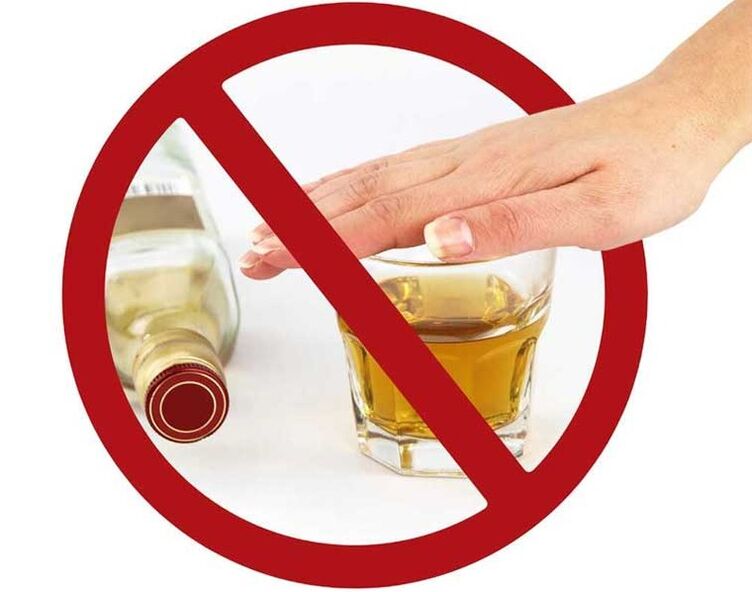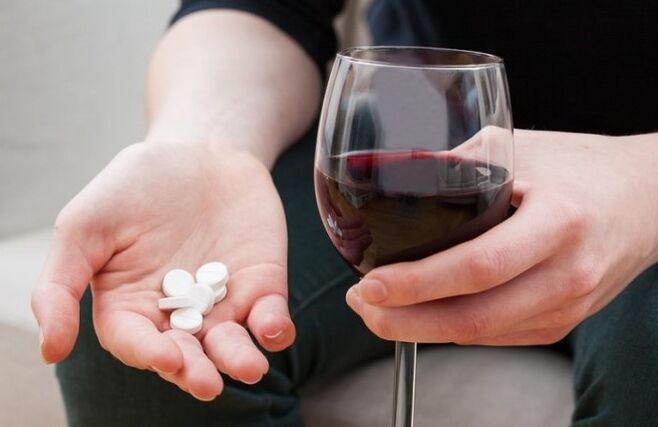It is no secret that dental treatment requires the use of anesthesia to reduce pain. This procedure should be approached responsibly by both the dentist and the patient. It is recommended to abstain from alcohol to avoid unpleasant consequences and minimize the risks. Why do experts ask you to abstain from alcohol during dental interventions? You need to understand this issue in more detail.
Why not drink alcohol before going to the dentist?
Can I drink hard drinks before dental treatment? It is highly undesirable to drink alcohol before seeing a doctor, because the effectiveness of dental anesthesia and the end result depends on the general condition of the body.

- Anesthetics are used for many dental procedures. They paralyze the nerve fibers by suffocating the pain. Alcohol under local anesthesia interferes with the drug, which increases the sensitivity of the teeth and gums.
- The painkillers themselves cause side effects such as dizziness, convulsions, nausea and vomiting. Alcohol increases the negative effects on the body, which can lead to anaphylactic shock.
- It is strictly forbidden to drink alcohol before tooth extraction. Ethyl alcohol reduces the ability of blood to clot, dilates blood vessels and increases the risk of complications. Bleeding is difficult to stop, as a result of which a chronic inflammatory process develops.
Adverse effects of alcohol
Many people mistakenly believe that drinking alcohol after dental treatment disinfects the oral cavity. But this is a big mistake. Are spirits and dental anesthetics compatible? If you do not want to harm your health, you should think about the harmful effects of alcohol on the body. Why is it dangerous to drink alcohol for dental treatment? Causes the following negative consequences:
- damages mine, destroys teeth,
- reduces the anesthetic effect,
- causes inflammation,
- increases the risk of allergic reactions,
- causes fluctuations in blood pressure,
- increases the load on the liver and cardiovascular system,
- increases pain,
- delays tissue healing,
- causes unconsciousness.
In addition, alcohol in combination with an anesthetic drug has a negative effect on the central nervous system. Unexpected side effects often occur: headache, weakness, seizures, palpitations.
How much alcohol can you drink after anesthesia?
How long does it take to drink alcohol after anesthesia? The duration is determined by the dentist and depends on the nature of the intervention and the type of treatment. Anesthesia is not treated immediately, so the holiday should be postponed. You should wait at least a day after dental procedures. It is permissible to drink alcohol 48 hours after the drug is completely eliminated from the body. It is recommended to prolong the abstinence from strong drinks for 6-7 days after tooth extraction. If you have a low blood clotting ability, it is better to stay longer. This will reduce the risk of complications: inflammation, pus and infection.
Alcohol can greatly affect the outcome of your treatment. As a result, dental intervention will be ineffective and unsuccessful. No matter how much you want to relieve anxiety and stress, it is better to forget about alcohol during the procedure.
Recommendations
All alcoholic beverages contain ethyl alcohol. If you drink vodka, wine, cognac or beer, the liver takes a double burden. The body needs to metabolize both painkillers and alcohol. Adverse effects on the liver can be aggravated by the use of antibiotics, analgesics, antihistamines. Needed to prevent toxic shock Follow these tips:
Follow these tips:
- If you plan to visit the dentist on the same day, you should avoid drinking alcohol.
- If your dental procedure involves the use of antibiotics, it is better not to drink alcohol during treatment.
- It is necessary to inform the dentist about the presence of allergic reactions and the drugs used the day before the appointment.
- Remember that the success of a medical procedure depends on proper preparation. If a dental operation is irresponsible, additional anesthesia or re-intervention may be required.
There is no doubt that drinking strong drinks during dental anesthesia is highly undesirable. If you want the procedure to be safe and painless, you should read the above recommendations carefully.
Don't be afraid to visit the dentist. You can consult an authorized specialist who will explain how to properly prepare for the treatment process. A professional dentist will choose an individual anesthetic and advise you on the most effective way to recover quickly.
























